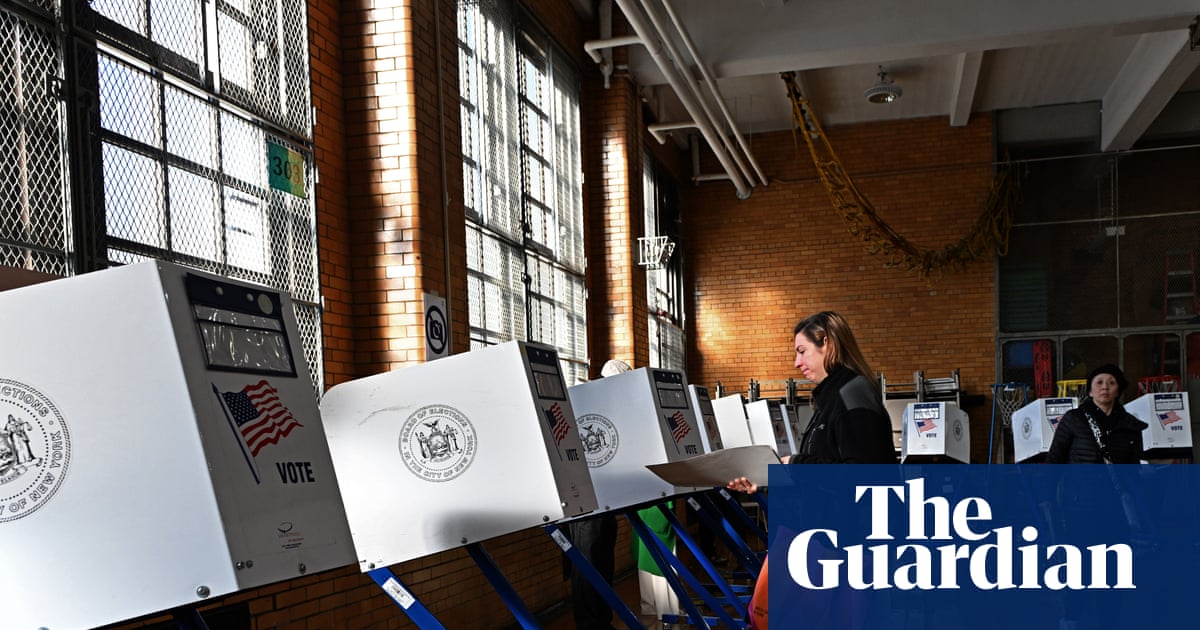China is wielding its most potent tool of economic coercion - its overwhelming dominance of the rare earths needed to make everything from laptops to jet engines - in an attempt to extract trade concessions from President Donald Trump and ensure the world remains dependent on China for critical raw materials.
Beijing’s dramatic expansion of export restrictions on rare earths Thursday - two weeks before Trump and Chinese leader Xi Jinping are expected to meet - took the White House by surprise. It came, Trump said, “out of the blue.”
But the move was the culmination of a multiyear effort by China to boost its bargaining power by replicating U.S. restrictions on computer chips and other cutting-edge technologies - measures that Beijing sees as constraining its technological advancement and is lobbying for the Trump administration to remove.
Rare earths are Beijing’s “trump card,” said Laila Khawaja, an analyst at Gavekal, a research firm based in Hong Kong. Nothing else can make the United States blink, she said.
That’s because China accounts for 70 percent of the world’s rare-earth mining and about 90 percent of the processing of these 17 chemically unique metals.
Beijing this year has significantly expanded its restrictions in response to Trump’s tariffs, culminating in last week’s rules that weaponize its control of global supply.
From Nov. 8, 12 out of 17 rare earths will be subject to export controls, and Beijing will also impose restrictions on lithium batteries used in electric cars and superhard materials used to make mining drills. Licenses are also now required for Chinese companies to sell rare-earth mining and separation machinery abroad.
Perhaps the most significant expansion of Chinese controls, however, is a global licensing requirement set to take effect Dec. 1. Under the new rules, companies anywhere in the world must apply for Beijing’s approval to export rare-earth magnets or semiconductor materials that contain even 0.1 percent controlled metals originating in China.
These sweeping restrictions may be a sign that Beijing want a broad rollback of the United States’ own export controls - rather than simply an easing of tariffs. Since Trump’s first term, the U.S. has worked closely with foreign partners to progressively limit China’s access to American-developed advanced semiconductors and the equipment and know-how needed to manufacture them.
China’s latest controls were “calibrated to negotiate for reciprocal relaxation of U.S. chip controls,” one of its top demands in trade negotiations, Khawaja said.

 German (DE)
German (DE)  English (US)
English (US)  Spanish (ES)
Spanish (ES)  French (FR)
French (FR)  Hindi (IN)
Hindi (IN)  Italian (IT)
Italian (IT)  Russian (RU)
Russian (RU) 























Comments